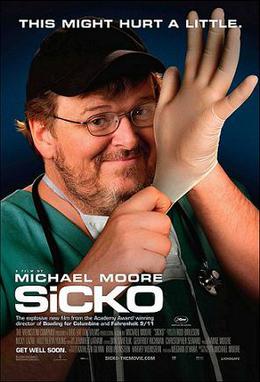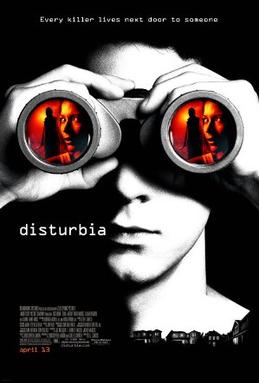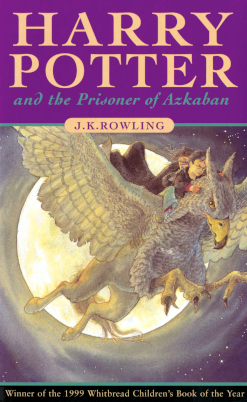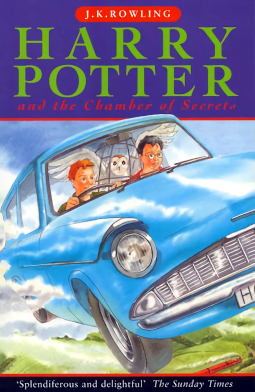Book Blogging: The War of the Worlds
| For those scoring at home, this is an update of my status on Project 50: Finished: A Time to Kill – John Grisham Addicted to War: Why the U.S. Can’t Kick Militarism – Joel Andreas The Haunting of Hill House – Shirley Jackson Plan B: Further Thoughts on Faith – Anne Lamott The War of the Worlds – H.G. Wells Blankets – Craig Thompson Animal Farm – George Orwell Books in Progress: The Everlasting Man – G.K. Chesterton On Deck: Serial Killers: The Method and Madness of Monsters - Peter Vronsky I finished H.G. Wells’ infamous The War of the Worlds a week or two ago. A few thoughts: 1. This is my third Wells’ novel, behind The Time Machine and The Island of Dr. Moreau. I’m not sure which has been my favorite, but War is quite good. I felt like I’d already read it though, which in a sense I had because Alan Moore’s The League of Extraordinary Gentlemen Vol. 2 is essentially a retelling of War from a different perspective. I may even prefer Moore’s take to Wells’. (Moore combines the worlds of War and Dr. Moreau, among many others from 19th century Victorian literature. It’s quite brilliant.) 2. Not that you didn’t already know this, but Steven Spielberg and Tom Cruse are set to bring you a hyped-up film version of Wells’ novel this summer. The key word there is version. Naturally, Spielberg (or more likely his studio) doesn’t trust audiences in the United States with Wells’ story, so he’s Why? Well, I suspect it’s because American audiences wouldn’t know what to do with Wells’ story. It’s too British. It’s too old. (Americans can’t be expected to appreciate any culture other than their own, after all). It’s also, well, a bit boring. Not actually boring. But boring in the sense that not a lot of exciting things happen, at least not for people addicted to Vice City and 24. There’s plenty of pulpy excitement in Wells’ book, what with heat rays vaporizing gobs of people, fist fights, and alien tripods demolishing the landscape. Yet evidently Wells didn’t pack enough explosions and car chases into his story. I expect Spielberg also needed to pack some romance and, I'm betting, a dramatic ending into his version, both of which are missing from Wells'. (The novel is actually a bit anticlimactic. I won’t tell you how it ends, but it’s a very plausible scenario. Humanity is saved by the smallest possible "weapon," one that might leave moviegoers demanding a refund.) 3) War is a very telling commentary about colonization. Wells is talking about England colonizing Tasmania, but he could just as easily be talking about the entire history of the United States. Wells’ flips the idea on its head. Here Martians are the colonists who have come to expand their territory and resources. Humans have the unfortunate displeasure of occupying the wrong piece of land. Notes James Gunn (paraphrasing English scholar I.F. Clarke): The War of the Worlds...is about three kinds of wars. It is about the kind of war Europeans had visited upon less civilized countries during the great imperial expansion in the 1880s and 1890s, with the English now in the role of the backward Tasmanians and other less "civilized" peoples. It is about the kind of natural biological warfare in which the fittest survive. And it is about the kind of war that might be experience if science turned its laboratories over to the task of producing the most advanced and destructive weapons.In that sense, War is the perfect film for the United States to see this summer, given BushCo’s continued |

















Comments on "Book Blogging: The War of the Worlds"
-
 Nicole said ... (4/14/2005 12:40:00 AM) :
Nicole said ... (4/14/2005 12:40:00 AM) :
post a commentSo that's what you're doing when I'm at work.. ;)